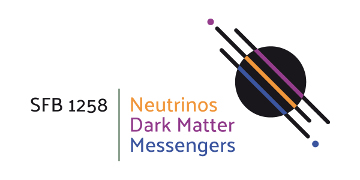The Pacific Ocean Neutrino Experiment (P-ONE) is an initiative by Elisa Resconi, Professor of Experimental Physics with Cosmic Particles at TUM and spokesperson for the Collaborative Research Center 1258 (SFB1258) funded by the German Research Foundation. The goal is to build a new multi-cubic-kilometer neutrino telescope to extend our observable window of the universe to the highest energies. P-ONE is envisaged for deployment in the Cascadia Basin, where it can build on a number of strengths: The detector will be installed on Ocean Networks Canada's (ONC) subsea infrastructure in the deep Pacific Ocean, providing power and data connections to various Deep sea sites accessible for experiments.
The P-ONE collaboration includes about 100 scientists
Two Pathfinder missions have been installed in recent years to explore the site and collect data on the environmental conditions needed to optimize the desing of P-ONE. Currently, a prototype line is being built as the next step towards the P-ONE Neutrino Observatory in order to operate a complete P-ONE mooring line as a proof of concept of the individual components.
The initiative is supported by a growing collaboration that includes around 100 scientists from universities and research institutes in Canada, Germany, Poland, UK and USA of which Elisa Resconi has now been elected spokesperson.



